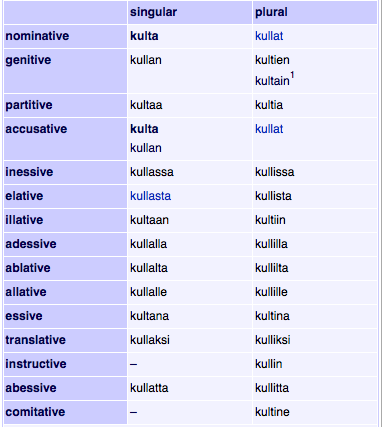It is summer, I just got married, and I am a writer, so lately many of my days involve A) drinking, B) writing, or C) both. Lucky me! Lately everyone has advice about these activities! First, there is the NYT essay, which is delightful -- and now, a Jezebel article, which makes me want to take issue with a couple of the points they obviously think are hilarious.
Full disclosure: at present, I am writing this and also drinking some delicious local wine. Plus that Dry Fly gin and tonic aperitif before dinner. So, hey! Drinking and writing!
To begin, the New York Times.
Honestly, I've read a lot about wine, and booze, and history, and the history of wine and booze, and literature about wine and booze, and so on. I am totally behind Geoff Nicholson's point that fictionalized drinking (or history of same) is more fun than instructions on drinking correctly tend to be. (And hey! I had a recent post on that too!) His connection between drinking advice and writing advice strikes me as witty and revealing. In sum: I liked it, and have nothing besides more uninteresting praise to offer.
And now: the Jezebel article.
I read it. And the arguments marshaled themselves and marched full-tilt in the direction of this blog. This may get pedantic, but if I don't let it out my head will explode, so in the interest of, um, not-explodey, here goes:
1. The article's thesis: "This article makes an insightful connection between the uselessness of drinking advice and the uselessness of writing advice -- let's reduce this to a series of pithily described drinking games! Because writing a great work of literature ourselves would take too long."
2. The David Foster Wallace game could easily kill you. Seriously, ten pages or less.
3. Jane Austen: In college, some friends and I came up with a drinking game for the film version of Sense and Sensibility: drink whenever someone dies; drink whenever it rains; drink whenever Fanny says something horrible; drink whenever an engagement is announced; drink whenever Marianne cries; drink whenever someone mentions the letter F. We poured homemade wine into thrifted tea cups and sat back. Twenty minutes later, we had to slow the game. I did not go to the partiest college, is the upshot here.
4. Jezebel knows nothing about Sappho. "Hot or disgusting"? That's the best you can do for the foremost female writer of the ancient world? I mean, yes, there's the "don't prod the beach rubble" fragment, but that's way more poetic in the original Greek, and the few complete poems we have are just stunning . . . (rambles on about love triangles and splintered selves until everyone moves on to the next in the list . . .)
5. Or Homer: ancient Greek wine was thick and hugely alcoholic, like port or vodka if you could make vodka from grapes. It was watered down with strict proportion so that it resembled the red wine we know and love today. People who drank unwatered wine were barbarians, and not worth talking to, much less drinking with.
6. Or Twilight: seriously, there's not nearly enough blood-drinking in Stephenie Meyer for this rule to result in any drinking game worth playing
7. Any James Joyce drinking game is hilarious.
7. Any Dylan Thomas drinking game is in the poorest of poor taste.

